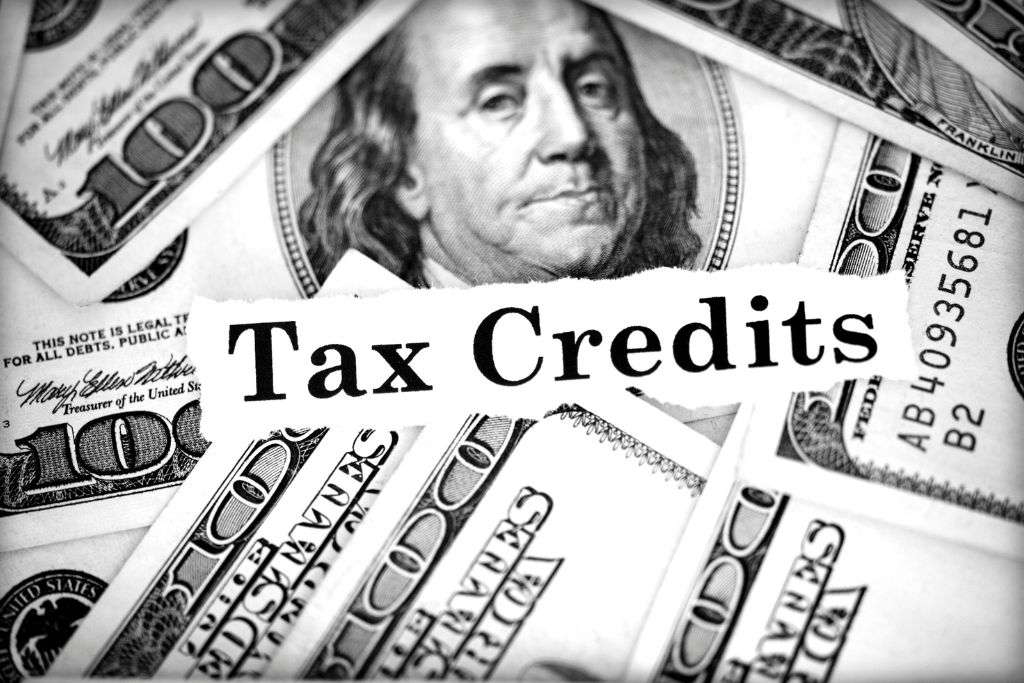There are many tax reasons to consider when investing in solar panels. Some of them include accelerated depreciation, state tax credits, and third-party investors. In addition, solar panels also qualify for the federal tax credit. There are several reasons why one might want to invest in solar panels. One reason is that they are a renewable energy source that produces no emissions, which can help reduce the impact of climate change. Solar panels also cost less than other forms of energy, meaning you can save money over time. Also, solar panels don’t need much upkeep, which makes them a great choice for busy people who don’t have the time or money to fix their own equipment in a big way. Finally, solar panels can be used to power homes and businesses, making them an important option for those looking to generate electricity from renewable sources.
State tax credits
If you’re considering investing in solar panels, you might be surprised to learn that you can benefit from state tax credits. These benefits vary, depending on the state you live in, but almost every state offers some form of incentive for installing solar systems.
State tax credits are offered in many different forms, including rebates and production incentives. To find out if you qualify, you should contact a certified installer in your area.
Some states offer more solar incentives, such as exemptions from property taxes, income tax credits, and incentives based on how well solar panels work. These incentives are meant to thank solar owners for helping the environment and encourage improvements that use less energy.

The Federal Solar Tax Credit (ITC) can reduce the cost of installing a solar system in New York. This program offers up to 25% of the total cost of the installation. In addition, the state offers an overpayment carryover for five years.
For example, if you install a 3.5 kW system in New York, you can claim a 25 percent tax credit. You can also take advantage of the statewide net metering program, which lets excess power from your solar panels be fed back into the grid.
In addition, you can receive a second tax credit that covers a predetermined amount of your net costs. A second credit typically ranges from 10 to 40%.
Accelerated depreciation
The US government has introduced several tax incentives for solar energy consumers. One of them is accelerated depreciation. With this policy, businesses can recover a part of their costs in the first year after purchasing a solar panel system.
In addition to reducing the tax liability, accelerated depreciation can increase the return on investment of a solar panel investment. As an added benefit, the IRS reduces the basis for depreciation by half of the applicable tax credit amount.
Businesses that install solar panels may qualify for a 30% tax credit. However, it is important to note that the federal ITC will not be available to any companies that are in financial distress.

This means that if you invest in a new solar panel system, you will be able to depreciate the cost over a five-year period. That means you can save as much as 80% of your total investment in the first year.
For commercial solar installations, the government also offers the Modified Accelerated Cost-Recovery System (MACRS). MACRS is a policy that allows the entire investment to be depreciated in the same year as the project is completed.
Another incentive for commercial solar owners is the Investment Tax Credit (ITC). ITC is an additional incentive that provides businesses with a cash rebate of 30%.
Third-party investors
There are many reasons why you should invest in solar panels. Among them are saving money, reducing your carbon footprint, and helping the environment. Whether you are a homeowner, a business owner, or a third-party investor, there are a number of benefits you can enjoy by installing a solar array. Using the right products and paying attention to the right factors can help you maximize long-term savings.
First and foremost, you should know that solar tax credits are available to the general public. The best way to get started is to consult with an accountant to discuss the tax implications of your investment. Your tax advisor can also explain what you can and can’t claim on IRS Form 3468.

While you’re at it, you should also check out the latest in state-based incentive programs. If you’re a solar developer, you might be able to get a rebate or credit for your work. Likewise, you can find out more about your options by searching the web for your state’s website. You might even find that your state has a dedicated incentive program for solar or wind energy.
In the meantime, you’re likely to want to look into other options, such as investing in an energy project through an investment fund. This type of deal will likely be less costly, as you’ll be a participant in the financing process, rather than the beneficiary.
Final Words
If you are an individual looking to invest in solar panels, there are a few things that you should take into consideration. The first is the cost of getting solar panels installed. This can vary depending on the location and the amount of sunlight that you will receive. Another important factor to consider when investing in solar panels is the tax laws in your area.

Some states have more favorable tax rates than others, so it is important to research what state your specific municipality is located in before making any investment decisions. If all of these factors are taken into account, it can be difficult to determine whether or not solar panels are a good investment for you. However, if you have a good understanding of how each one of these factors affects the cost and performance of solar panels, then they may be a good fit for your financial situation.


